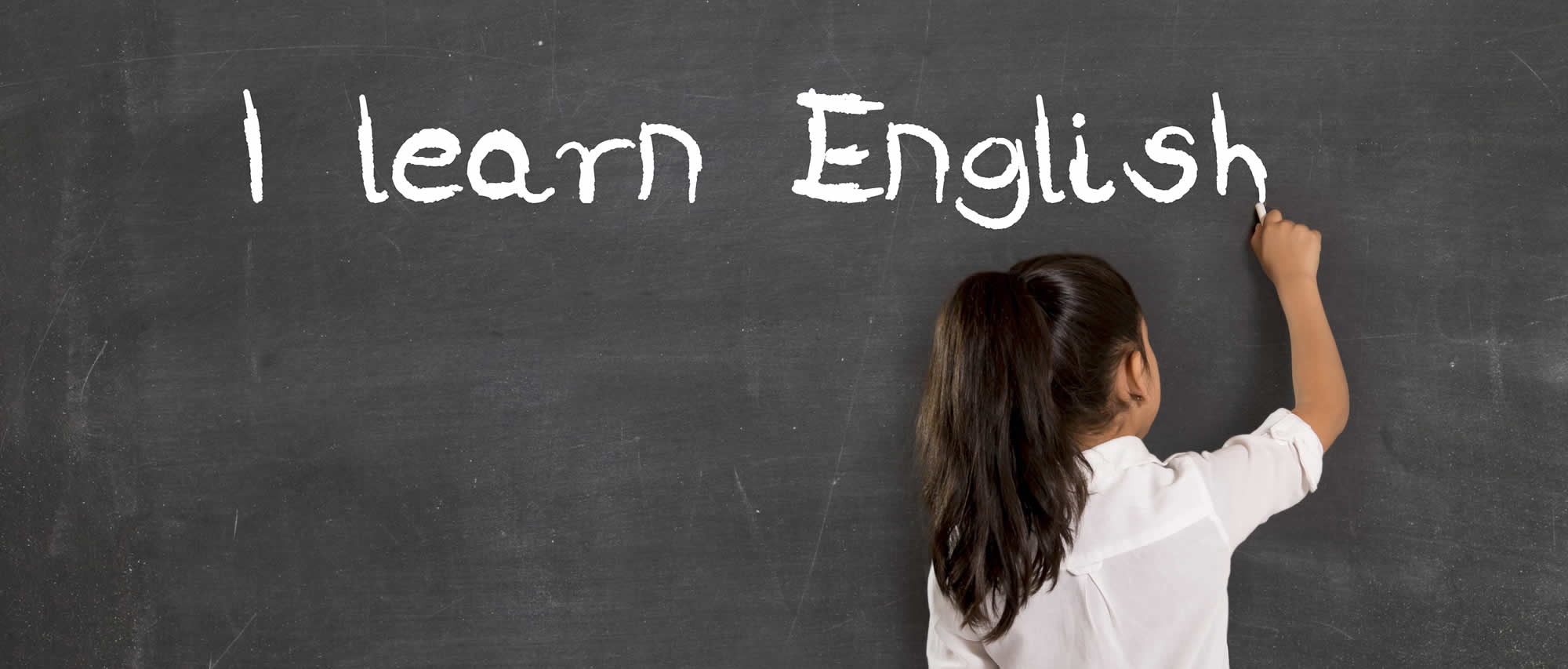Cuba Realigns with the USA, Scraps Russian, Brings on English Learning
Cuba has disdained the US and its culture for decades. Instead of English, Cuba focused on teaching Russian as the second language in its school system. This usefulness was short-lived and Russian eventually faded from school curriculum as the Soviet Union became irrelevant.
Since Cuba and the USA have started conversations with the attempt to normalize relations, English has become a must in the country. The Communist Party has made English proficiency a pre-requisite for its college students. This will come into full effect in the next couple of years. English proficiency will be necessary to get a diploma. Another Spanish speaking country in South America has a similar pre-requisite to graduate: Ecuador requires its students to pass the Common European Framework of Reference (CEFR) exam for the b2 level to get a college diploma.
Communication is a key factor to compete in our globalized world, and English is the language of business. According to the Higher Education Minister Rodolfo Alacaron, English will be “indispensable” for future generations. English language proficiency and communication can definitely leverage and improve business efforts in the country.
Cuba expects that as ties with America improve, more and more Americans will fly down to the sunny island for short getaways and cigars. Cuba knows that preparation is key and English will only make business easier. Cuba has some regret for focusing so much time on teaching a second language that offers almost zero-commercial and daily value to its citizens. As Mr. Castro recently stated, “The Chinese studied English. The Russians studied English. Everybody studied English minus us. We studied Russian.” Now the country must make up for lost time and try to improve commercial relations for its future generations.
It is believed that there is a great advantage for Cubans to learn English, especially for service jobs such as, taxi drivers, waiters and other positions that have direct contact with tourists. These positions will offer Cuban citizens higher earning potential than its doctors or engineers, the more renowned professions on the island.
According to Cuba’s education minister, English learning material and classes shall be offered to its citizens. Unfortunately, most of these students will have to start the learning process on their own. There is already a shortage of teachers and private classes are quite costly, anywhere from $20 to more than $100 per month. The US Embassy is expected to offer several training programs to try to minimize the educational gap. As ties improve between the US and Cuba, ESL teachers should keep Cuba on their radar for possible teaching positions. It is an opportunity to influence the future.

